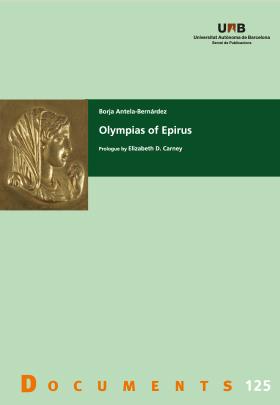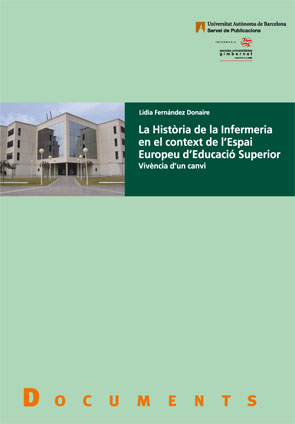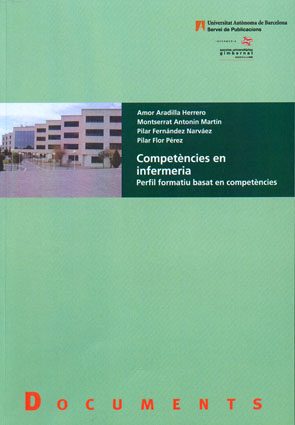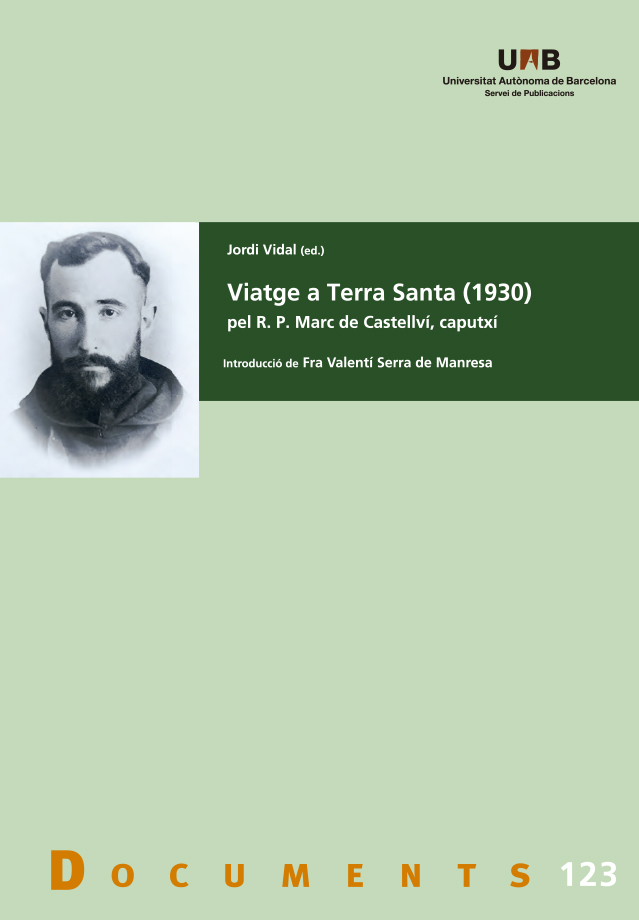
The eleven essays included in this collective volume examine a range of textual genres produced by Christians and Muslims throughout the Mediterranean, including materials from the Corpus Islamolatinum, Christian propaganda and polemical works targeting Muslims and Jews, Inquisition records, and Christian and Muslim sermons. Despite the diversity of the works under consideration and the variety of methodological and disciplinary approaches employed in their analysis, the volume is bound together by the common goals of exploring the propaganda strategies premodern authors deployed for specific aims, be it the unification of religious, cultural, and political groups through discourses of self-representation, or the invention of the political, cultural, religious, or gendered other. Many of the essays offer critical re-readings of works that are obscure or have never been studied, while others shed new light on the cultural and textual interactions between Christians, Muslims and Jews. The volume is divided into four sections, the first of which is comprised of three chapters on the Corpus Islamolatinum that furnish new evidence showing the important role this "encyclopedia" played in spreading knowledge about Islam and contributing to the creation of propaganda and polemics against Islam among European intellectual circles. The chapters in section two offer novel interpretations of the hermeneutical strategies underlying the composition of polemical works such as the lives of Muhammad and Pedro de la Cavalleria's Zelus Christi. The essays in section three identify some common hermeneutical strategies in the use of anti-Jewish and anti-Islamic arguments to polemicize against religious others or edify Christians and illuminate intertextual relations between authors and genres (disputatio and praedicatio). Finally, section four introduces the gender perspective: the genered nature of the accusations of Judaizing in the analysis of the transcripts of the inquisitorial court of three sisters who were tried in Barcelona in 1496, on the one hand, and two studies that explore the constructions of identities and gender relations reflected in various Islamic sources from opposite ends of the Mediterranean. They offer glimpses of women as subject (s) and as object (s) of preaching and show how such texts can reify or subvert traditional binary gender roles.
Bellaterra (cerdanyola del Vallès): Servei de Publicacions de la Universitat Autònoma de Barcelona, 2020 · Documents, 118
196 p. · 16 x 23 cm · · ISBN 978-84-490-8918-3 · 14 € · anglès
Matèria: Matemàtiques i ciències : Cosmologia i univers

The eleven essays included in this collective volume examine a range of textual genres produced by Christians and Muslims throughout the Mediterranean, including materials fro...
(Servei de Publicacions de la Universitat Autònoma de Barcelona, 2020) · 196 pàg. · 5,99 €

Olympias, daughter of Neoptolemus king of Molossia, wife of Philip II king of Macedonia, and mother of Alexander III (the Great), king of Macedonia and conqueror of the Persia...
(Servei de Publicacions de la Universitat Autònoma de Barcelona, 2022) · 90 pàg. · 4,99 €

El llibre que es presenta està basat en l'experiència viscuda durant el procés de transformació de l'assignatura Història de la Infermeria i Fonts Documentals emmarcat en...
(Servei de Publicacions de la Universitat Autònoma de Barcelona, 2007) · 74 pàg. · 10 €

Aquest llibre presenta el Perfil de Competències d'Infermeria de l'Escola Universitària d'Infermeria «Gimbernat» i el seu procés d'elaboració durant els anys en què l'e...
(Servei de Publicacions de la Universitat Autònoma de Barcelona, 2009) · 48 pàg. · 6 €

Aquest volum presenta el «Viatge a Terra Santa» que va escriure el R. P. Marc de Castellví a propòsit del seu viatge a les terres bíbliques el 1930. La Guerra Civil Espan...
(Servei de Publicacions de la Universitat Autònoma de Barcelona, 2022) · 4,49 €
Universitat Abat Oliba CEU • Universitat d'Alacant • Universitat d'Andorra • Universitat Autònoma de Barcelona • Universitat de Barcelona • Universitat CEU Cardenal Herrera • Universitat de Girona • Universitat de les Illes Balears • Universitat Internacional de Catalunya • Universitat Jaume I • Universitat de Lleida • Universitat Miguel Hernández d'Elx • Universitat Oberta de Catalunya • Universitat de Perpinyà Via Domitia • Universitat Politècnica de Catalunya • Universitat Politècnica de València • Universitat Pompeu Fabra • Universitat Ramon Llull • Universitat Rovira i Virgili • Universitat de Sàsser • Universitat de València • Universitat de Vic - Universitat Central de Catalunya